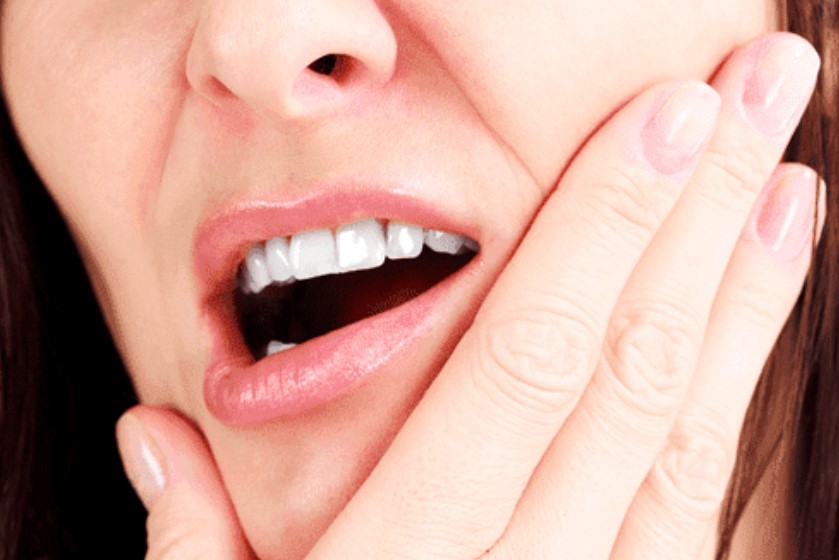
Did you know that people experiencing TMJ pain or TMD pain can also find relief by visiting a physical therapist? TMD is a common problem and is associated with jaw pain. Experts at NYDNR use a variety of techniques to get rid of it effectively.
Recognizing TMD
TMD doesn’t only involve jaw pain. It also has the following symptoms:
- Jaw locking
- Jaw popping
- Headaches
- Difficulty chewing
- Neck pain
- Ear pain
TMD can be categorized into two – Myalgia and Arthrogenous.
While myalgia refers to muscle pain, arthrogenous refers to a problem in the structures within the joint. In myalgia, pain also changed as the jaw moves. So, when you take part in activities like chewing or talking, then you tend to notice the pain. You can also reproduce the pain by applying a little pressure on your jaw’s or head’s sides. Moreover, it isn’t necessary that opening the mouth is painful or the range of motion of the mouth is limited.
Managing myalgia jaw pain
There are three ways of dealing with myalgia. However, these three only help to manage the pain temporarily, and you will have to go for physical therapy to eliminate it.
1.Ceasing activities causing stress
Myalgia often occurs because of activities leading to repetitive or excess stress via the jaw muscles. Thus, to get rid of myalgia symptoms, you must pinpoint such activities and eliminate them. While doing so seems too easy, pinpointing the exact cause can be quite difficult as there are more than 21 activities that could be putting the excessive stress on your jaw muscles. Some activities include:
- Biting items like pens
- Chewing gums
- Clenching teeth
- Signing
- Using your hands for resting the chin
- Sleeping face-down; on the stomach
- Sustained talking
Identifying such activities and eliminating them from the day-to-day routine can decrease the jaw pain.
2. Eat only soft items
A soft diet decreases the work your muscles must do to break the food into smaller pieces. With time, this decreases the pain and tension experienced by the jaw muscles. You can include the following things in your soft diet:
- Smoothies
- Jello
- Eggs
- Applesauce
- Pudding
- Bread
- Ground meat
- Cooked cereals
- Pasta
- Cheese
- Cooked veggies
You can also add other things that are relatively soft and don’t cause too much stress.
3. Jaw exercises
Clenching and grinding teeth increase the tension in the muscles of the jaw thus leading to myalgia. Clenching mostly occurs in times of stress like screaming kids or work pressure. Similarly, it can also occur at other times like when taking part in strenuous activities or focusing intensely.
To manage pain caused by stress, not only should you recognize the activities causing pain but you should also exercise the jaw too.
Schedule an appointment at one of the NY clinics today!
The three methods mentioned above are only suitable for managing pain for just a short time. There are ways to eliminate myalgia with the help of physical therapists. Physical therapists at NYDNR make use of numerous techniques to reduce pain and tension. Particularly, dry needling at NYDNR can be highly effective. So, if you have become a victim of jaw pain, make sure to head over to NYDNRhab today!


